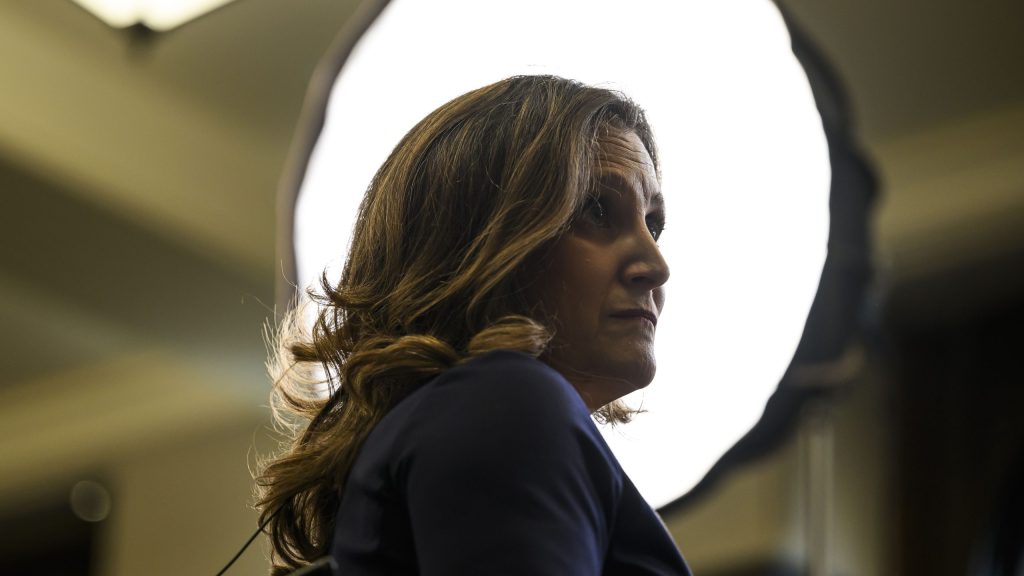Key developments in proposed sale of EMI Group to Universal Music, Sony/ATV
Posted Apr 17, 2012 08:33:03 PM.
This article is more than 5 years old.
EMI Group Ltd., the iconic British music company that is home to The Beatles, Coldplay and Katy Perry, is being split and sold, though it faces regulatory scrutiny as the planned buyers increase their dominance of the music industry.
Here are key developments in the proposed sale:
Nov. 11, 2011: Universal Music Group and Sony/ATV announce plans to pay $4.1 billion for EMI. Universal would get the recording division for 1.2 billion pounds ($1.9 billion), joining Universal artists including Lady Gaga and Eminem with EMI superstars such as David Guetta and Lady Antebellum. A consortium led by Sony/ATV would pay $2.2 billion for EMI’s publishing division, which is in charge of songwriting copyrights for such artists as Rihanna and Norah Jones.
Jan. 31, 2012: Outgoing Warner Music chairman Edgar Bronfman Jr. says the proposed purchase of EMI by recording rivals Universal and Sony/ATV is “dangerous” and must be stopped by regulators. At a technology conference, he says the deals would create overly dominant global players that could harm new digital music platforms and crimp payments to artists.
March 23: The EU’s competition regulator says it is launching an in-depth probe of Universal’s planned acquisition. The European Commission says the deal would make Universal Music “almost twice the size of the next largest player” in Europe’s recorded-music market.
March 27: The European Commission says the Sony consortium has offered concessions to get approval for its deal. The Commission did not give details, but they could include the sale of certain units or a commitment to change certain business practices. The commission has said it will decide by Thursday whether Sony/ATV’s concessions are sufficient. It has said it will decide by Aug. 8 whether Universal’s takeover of EMI’s recorded music division will impede competition.
Tuesday: It’s disclosed that Universal Music Group has won the qualified support of two North American artists’ unions for its proposed deal to buy part of EMI. The unions gave their conditional backing in letters to the Federal Trade Commission.










